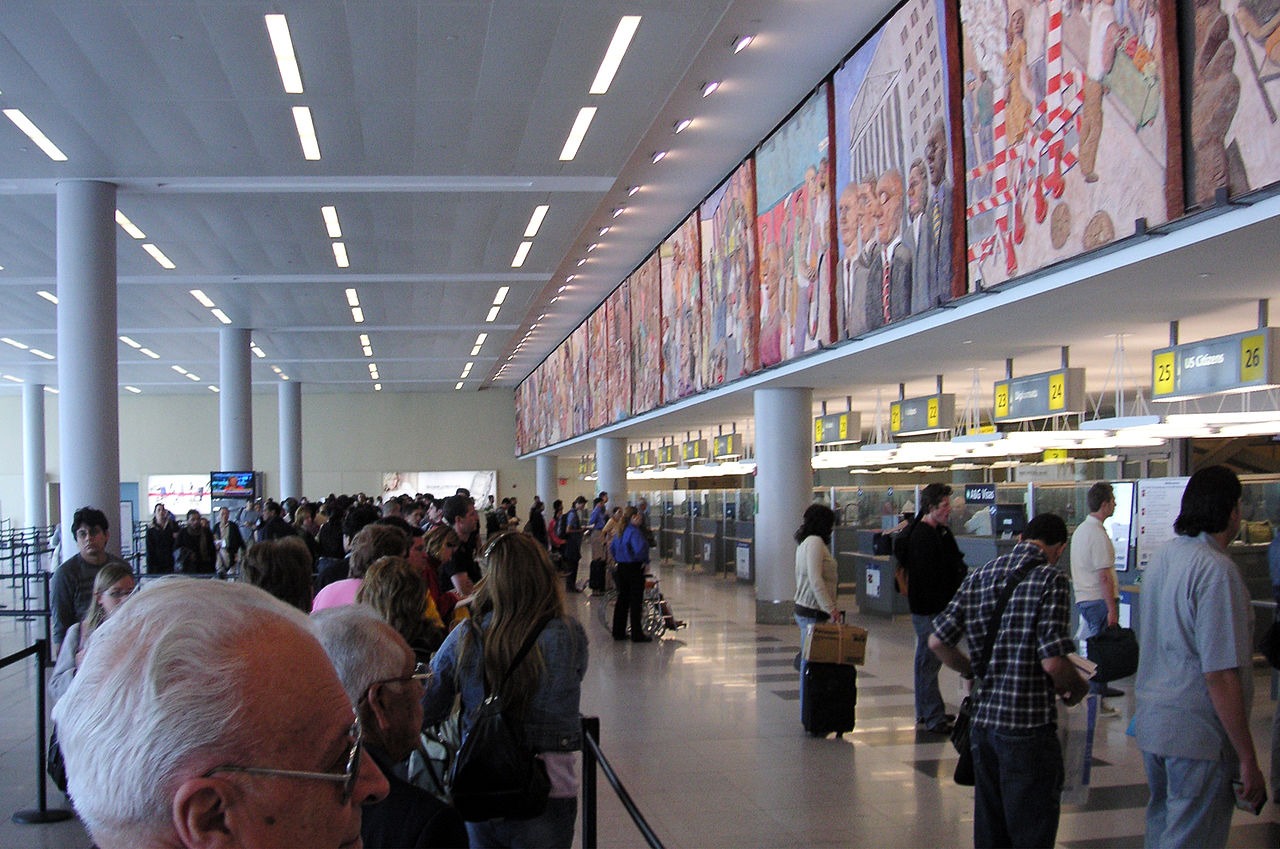Even though the newly proposed expansion of the “public charge” rule would affect any non-citizen resident in United States — legal, temporary or permanent — the Asian-American communities have been the most vocal on the issue.
The expansion of the rule would deny permanent resident status — informally known as having a “green card” — to anybody who has used or is likely to ever use public assistance. That means applicants will have to demonstrate financial means that show them unlikely to ever need housing assistance, food stamps, or Medicaid, a federally supported medical program.
“The rules are very complicated — a particular problem when the people negatively affected are English language learners,” Scott Piepho, interim co-CEO of Asian Services In Action, told NBC News. “For example, we have to consider whether to describe monetized versus non-monetized benefits and the different rules for each, knowing that the client will only be more confused.”
Charise Fong, writing in the SF Chronicle, argues the rule change would hurt immigrant communities in many ways.
It would prevent immigrants who use or have used housing and other benefits from gaining green cards or sponsoring family members to join them in the United States.
It would compel many immigrants to give up lifeline assistance that keep their families one step away from homelessness, so they don’t fall under the new “public charge” definition. Presumably this change is intended to increase deportation and family separation for millions of people who have been living legally in this country, many of them for decades.
It will force many of our families, neighbors and co-workers underground.
At the same time, the renegotiation or possible abrogation of the 2008 Mutual Understanding between the Vietnam and the US has the Vietnamese community up in arms. The agreement protected refugees who arrived in the US before 1995 from deportation. That was the year that the US and Vietnam reestablished diplomatic relations.
Writing in the New York Times, Eric Tang and and Viet Thanh Nguyen describe what it may mean for some.
Even after diplomatic relations were restored in 1995, the American government chose not to deport Vietnamese refugees with felony records, and the Communist government in Hanoi showed no interest in receiving refugees whom it considered citizens of a country that no longer existed.
Now the Trump administration is attempting to reinterpret that agreement — and effectively erase the intimate history of the Republic of Vietnam and the United States, countries linked by a brutal war and promises of friendship.
“They’re in lockdown 23 hours of the day,” Mr. Nguyen told us. “It’s worse than prison where at least you know what you did and when you’re getting out.”




